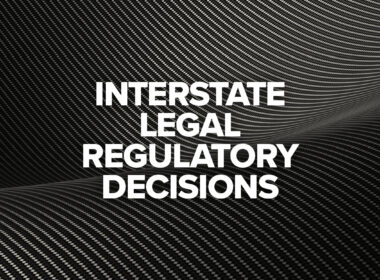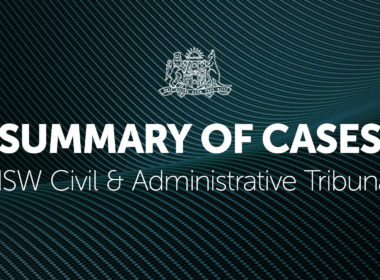Undertakings are solemn promises which must be strictly complied with. When an undertaking is given, only the recipient or a court of competent jurisdiction can relieve the giver of its performance.
Significant consequences can flow when an undertaking is breached, so it is wise to implement an undertakings policy, provide staff training and monitor compliance. This is especially important when, as is common, more than one employee is working on the file.
In the recent decision of Samaras & Allen (No 3) [2023] FedCFamC1F 787, the law practice had more than one solicitor working on the file. A subpoena was issued for the production of documents. The subpoenaed party’s solicitor sent the documents directly to the law practice instead of the court and failed to copy in the other parties to the proceedings. The Court had granted view only access to the documents produced pursuant to the subpoena and a solicitor had given an undertaking to not release documents to the client. Another solicitor working on the matter sent the documents to the client. The Court noted on the affidavit evidence before it that the second solicitor only became alert to the undertaking after she sent the documents to the client and was then advised of the undertaking by the solicitor who had given it. The Court also noted that the solicitor waited a week to advise the court of the breach, contrary to the terms of the undertaking given for immediate notification.
Referring the matter to the Legal Services Commissioner to determine whether the solicitor’s conduct amounted to unsatisfactory professional conduct, the Court indicated the steps the solicitor ought to have taken in the circumstances. In particular, the solicitor should have:
- turned her mind to the irregularity that the documents had been sent directly to the solicitor’s firm and not to the Court (which would be the usual practice);
- noted that the other parties had not been included in that communication;
- turned her mind to whether the firm had given an undertaking in relation to the release of the documents;
- sent the documents back to the subpoenaed body’s solicitor and deleted all copies.
Commenting that the solicitor’s conduct [was] a serious cause for concern at [41], Brasch J at [39] noted:
‘Judicial officers must be able to trust the words and actions of all officers of the court. Judicial officers must be able to rely upon undertakings being complied with. Equally, officers of the court must also be able to trust the words and actions of other officers of the court and their compliance with undertakings proffered’ .
The giving of an undertaking imposes solemn obligations. It is therefore prudent to guard against non-compliance by implementing appropriate systems. These systems might include:
- specifying who is authorised to give undertakings and in what circumstances (consider principals only);
- training employees on the implications of and professional obligations relating to the giving of undertakings;
- clearly recording undertakings on a file (whether they be paper files or electronic files);
- ensuring undertakings are clearly communicated to all employees working on the file;
- establishing an ‘Undertakings Register’ which is regularly monitored for compliance.




